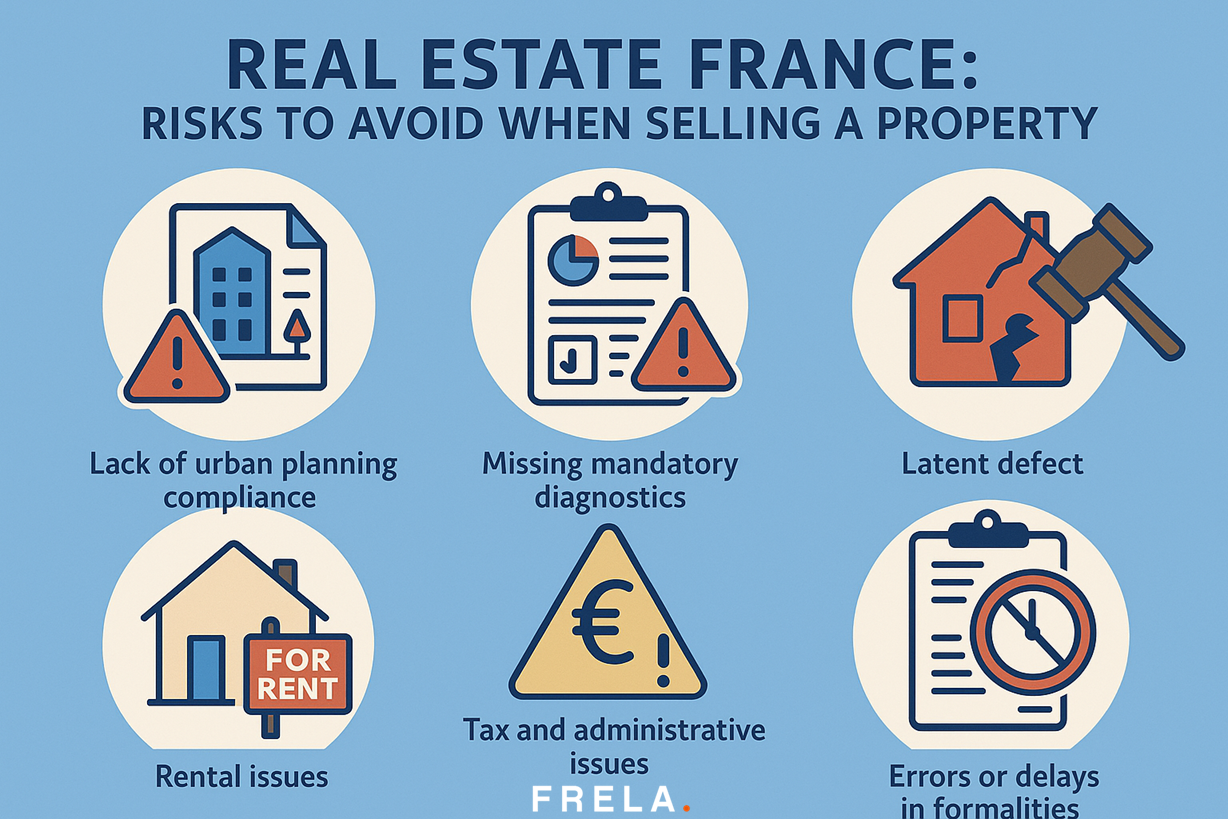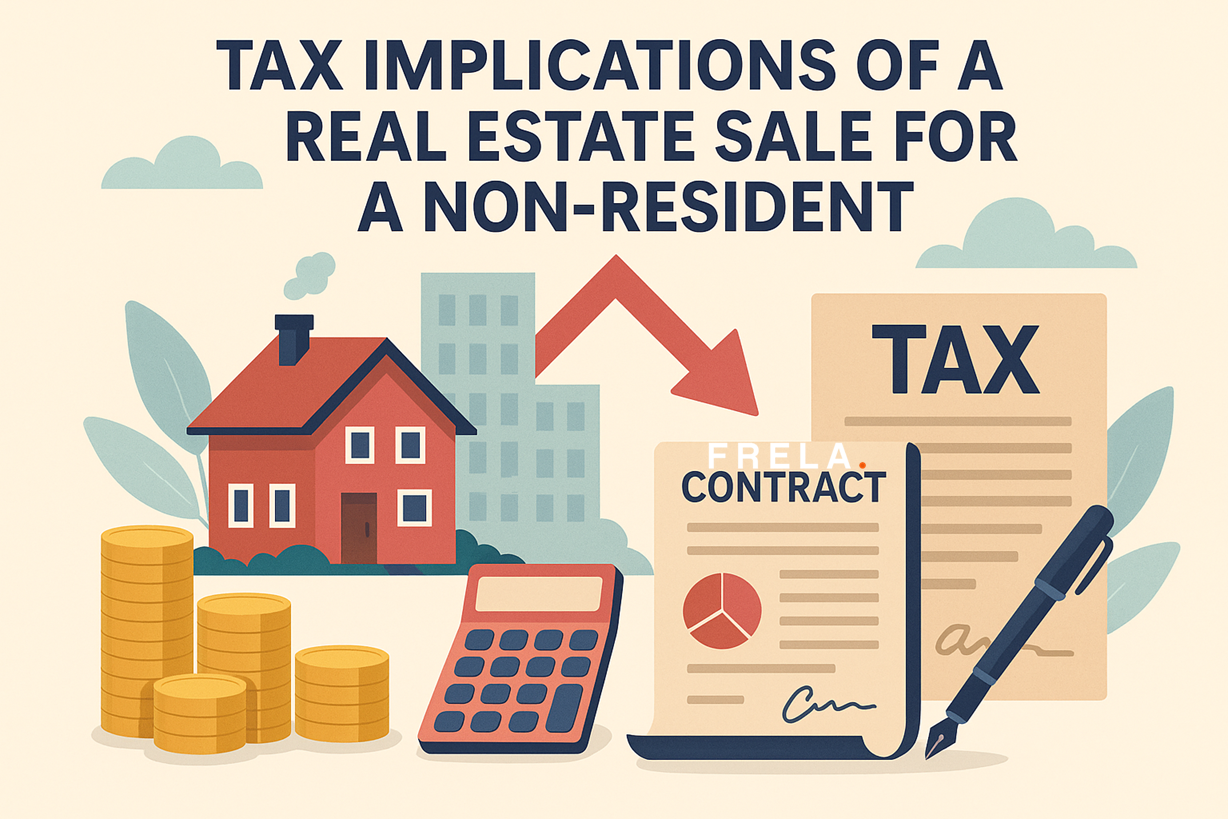Town Planning and Administrative Easements
Town planning regulations:
Listed in the Planning Document, or the PLU “local development plan”, or the “Carte communale”, or the Règlement National d’Urbanisme, do not constitute planning authorizations. The PLU plans the regulation that applies to the territory controlled by the cities in question. To get some work done on the property, analyzing, and reviewing the PLU is a must, since it defines the type of buildings that could be constructed in the territory in question. A planning certificate is usually added into the data room by the Notaire. As a buyer, you should request this document if the Notaire does not add it himself: it helps you get a clear and full understanding on the rules that apply to the property. Given by the local administration, it contains information about the laws that apply, administrative restrictions on the right of ownership, and a list of relevant taxes and contributions, and it is valid for 18 months.


Urban Pre-Emption Rights:
These rights constitute a statutory option that allows certain public authorities to substitute an acquirer in a real estate transfer, for general public interest considerations. So, the legally designated public law beneficiary will benefit of the seller’s offer. The most common kind is the urban right of pre-emption or droit de préemption urbain (DPU), mostly in the case of the sale of the majority of shares in a non-trading property company, also known as “Société civile immobilière” in French. Before all transfers of property subject to pre-emption, a declaration of intent to alienate (DIA), made by the notary or the agent in charge of drafting the contract or preliminary sales agreement, must be issued to the holder of the DPU, or the transfer agreement will be null and void. This responsibility applies to all sellers, including professionals, regardless of whether they are natural people or legal organizations under private or public law. The DPU holder has a limited period in which he can exercise this entitlement. If not exercised, the owner will be then allowed to sell the item at the DIA price, once again.
Additional Administrative Easements:
- Heritage Preservation:
This applies to buildings that are registered as historical monuments, and within their boundaries. Specialized rules including declarations or prior consultations to The Architecte des Bâtiments de France are requested.
- Environmental Protection:
This applies for coastal and mountainous locations. In this case, special planning restrictions to harmonize environmental preservation in correlation to urban growth needs, are requested. You should note that these restrictions take precedence over any municipal planning regulations.
- Development Areas:
The terms and circumstances for any transfer of land permitted by the area’s developer must be decided according to a CCCT (cahier des charges de cession de terrain) recognized by the authorities in development areas backed by local or national government, known as “ZAC.” The CCCT specifies the net surface area (surface hors oeuvre nette (SHON)) of the parcel of land within which development is authorized. Furthermore, the CCCT may include technical, town planning, and architectural requirements that are in accordance with the necessary planning documents and are in effect for the period of the ZAC. Once registered, case law has recognized the regulatory nature of CCCT requirements. Any future deeds of sale or rental agreements will include the CCCT.
- Protecting against Risks:
Danger protection plans against flooding or fire per example, constitute papers issued by authorities. These papers impose public utility easements on private land if there is a specific degree of risk. In addition, these easements could entail performing specified tasks or avoiding from performing specific tasks. In this case the seller has the obligation to give the buyer, attached to the selling agreement, a risk and pollution report the ERP or “Etat des risques et pollutions” in French : an administrative form that tackles the risks that may encounter the future owner.
About the Author :
Business lawyers, bilingual, specialized in acquisition law; Benoit Lafourcade is co-founder of Delcade lawyers & solicitors and founder of FRELA; registered as agents in personal and professional real estate transactions. Member of AAMTI (main association of French lawyers and agents).
FRELA : French Real Estate Lawyer Agency, specializing in acquisition law to secure real estate and business transactions in France.
Paris, 19 Rue du Colisee, 75008 Paris
Bordeaux, 78 Cours de Verdun, 33000 Bordeaux
Lille, 40 Theater Square, 59800 Lille





